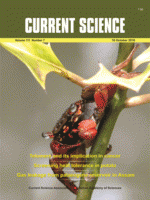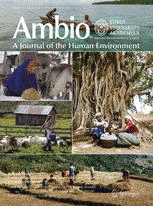Using data from a household survey of 2660 farmfamilies in Bihar state of Eastern India, Terai of Nepal and coastal Bangladesh, we explore the significance of climatic and non-climatic factors in affecting farmers' decision to change their farming practices over time in a wide range of environments. We find evidence across all sites, irrespective of rainfall and climatic stresses, that market-related forces (such as higher yields and better market opportunity) and resource issues (such as declining fertility, labour shortage and biotic factors) have been a strong driver of changes in farming practices over the last ten years relative to climatic factors. Food sufficient households are likely more adaptable to a changing climate, as they are undertaking new agricultural practices. The results suggest that social protection measures aimed at enhancing the food security situation of marginal and smallholder households will increase the likelihood of them being in a better position to innovate and adopt improved agricultural practices. Our findings also indicate that additional strategies and policies aimed at more widespread uptake of new agricultural practices will also be needed, and will have to be targeted to particular environments and vulnerable groups, and special attention to institutional, resource management and market development issues if they are to succeed.
DOI:
https://doi.org/10.18520/cs/v110/i7/1272-1281
Altmetric score:
Dimensions Citation Count:
























